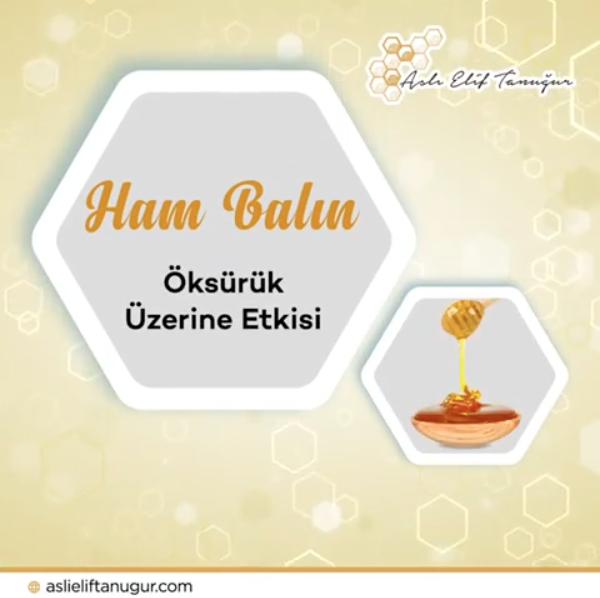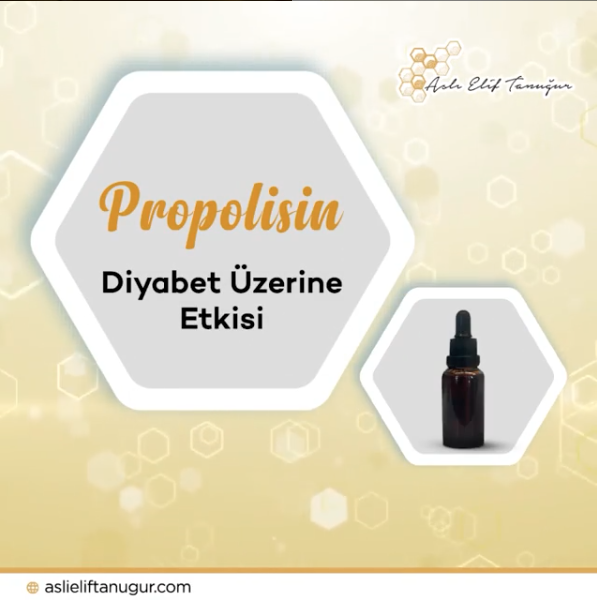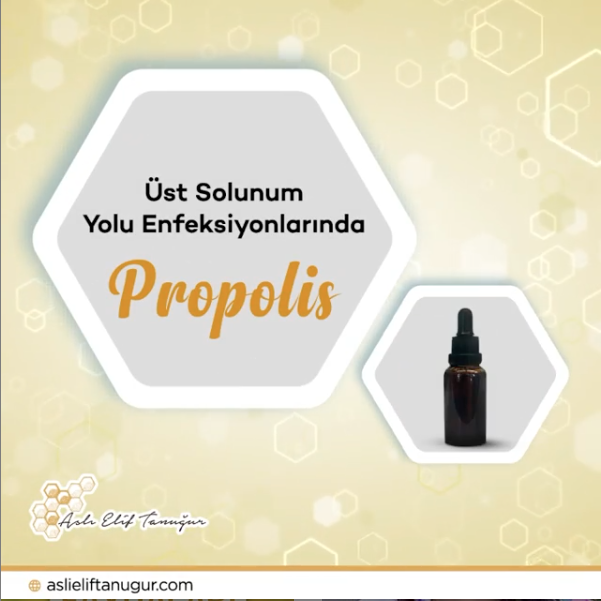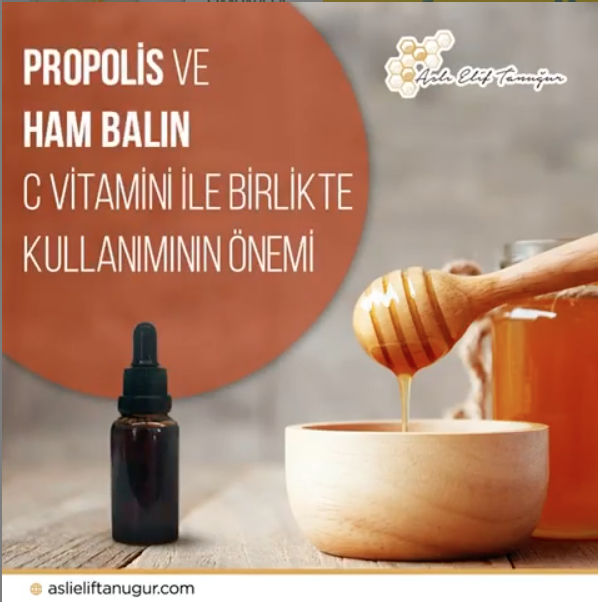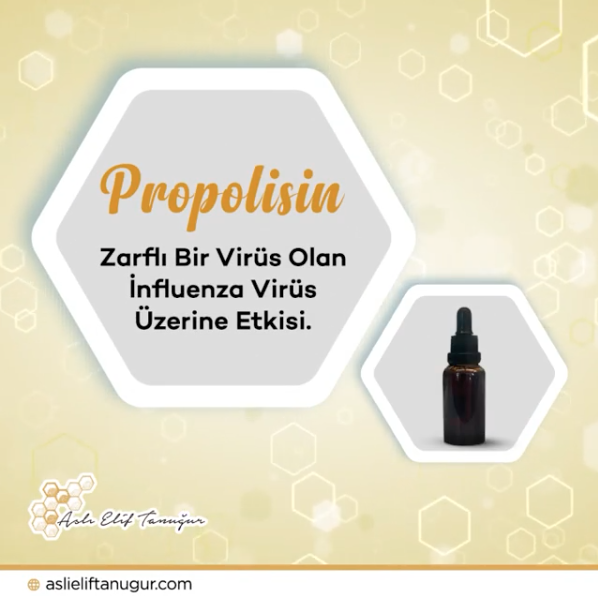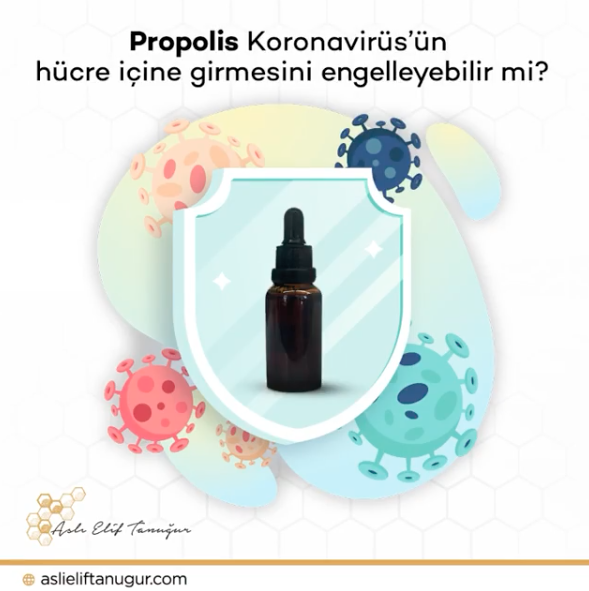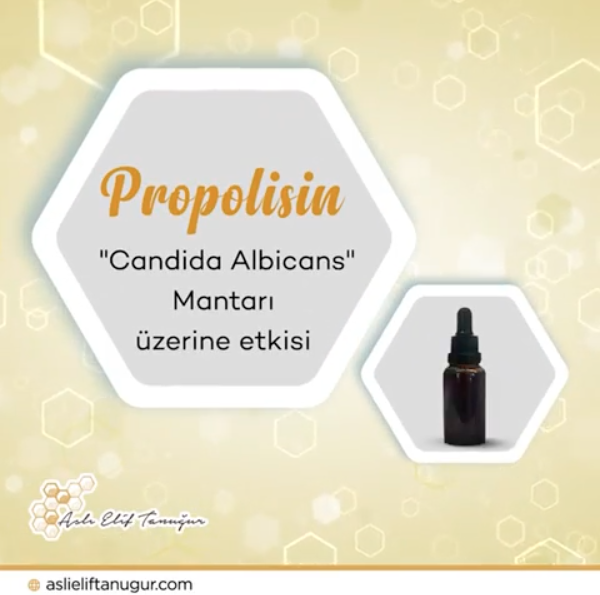Ham Balın Öksürük Üzerine Etkisi
In 2007, a study conducted at Calgary University evaluated the effect of raw honey on nighttime cough and sleep difficulty associated with childhood upper respiratory tract infections. The survey study included one hundred five children aged 2 to 18 years with upper respiratory tract infections, nighttime symptoms, and illness duration of 7 days or less. The scientists grouped the children according to their ages (ages 2-5, 6-11, and 12-18 years). Each child, randomly assigned in a partially double-blinded method, received artificially honey-flavored DM (17 mg /5 mL prepared using DM hydrobromide powder with artificial honey flavoring and coloring), buckwheat honey, or nothing in a 10-mL syringe. The study results revealed that the most favorable symptomatic relief of children's nocturnal cough and sleep difficulty was observed with honey. The authors recommended that honey may be a better treatment for the cough and sleep difficulty associated with childhood upper respiratory tract infection.

